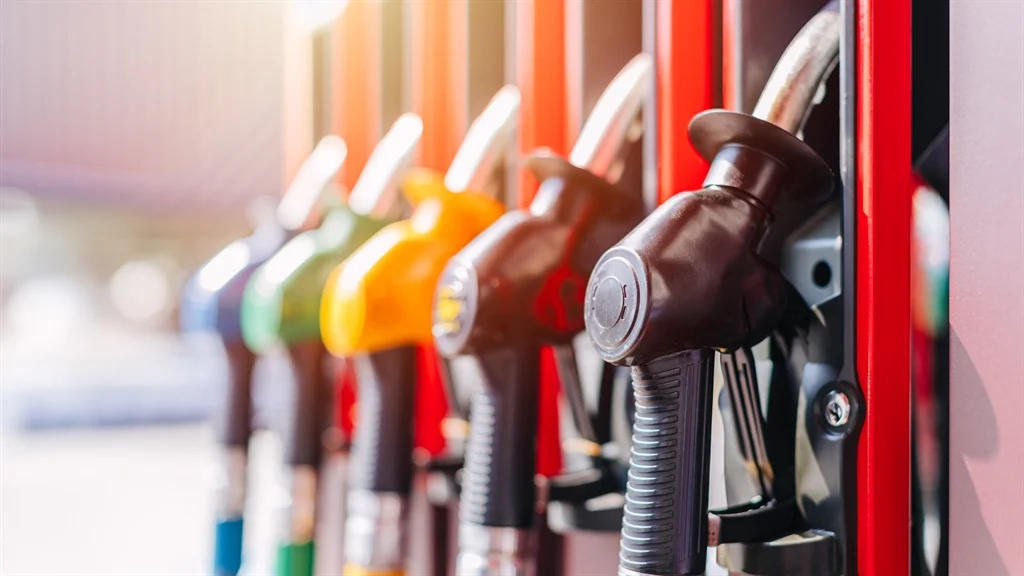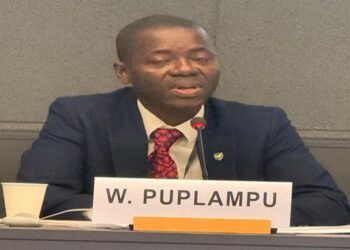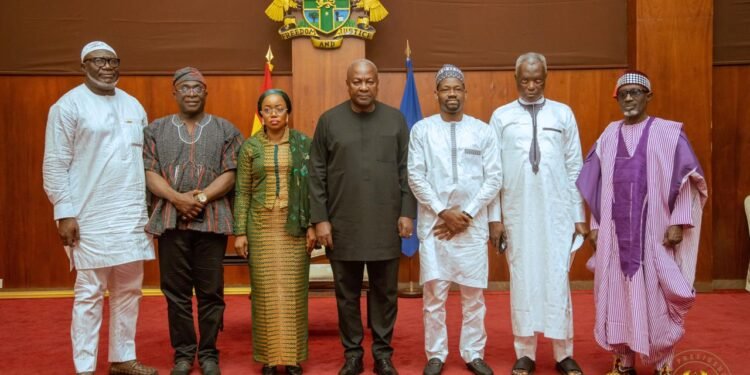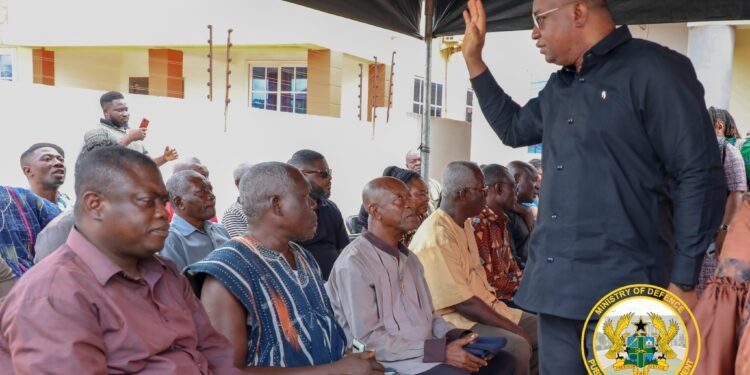The International Monetary Fund (IMF) has thrown its weight behind Ghana’s controversial Energy Sector Shortfall and Debt Repayment Levy, describing the GH¢1-per-litre fuel charge as a critical intervention to stabilize the country’s energy sector and support ongoing fiscal reforms under its Extended Credit Facility (ECF) programme.
In a media briefing, Julie Kozack, Director of the IMF’s Communications Department, emphasized that the levy is strategically aligned with Ghana’s fiscal goals.
“On the fuel levy, what I can say is that this is a new measure that will help generate additional resources to tackle the challenges in Ghana’s energy sector, and it is also going to bolster Ghana’s ability to deliver on the fiscal objectives under the programme.”
Julie Kozack, Director of the IMF’s Communications Department
Ghana’s energy sector has been plagued by structural inefficiencies, mounting debt, and unsustainable financing models for over a decade. As of March 2025, the sector’s total debt stood at US$3.1 billion, prompting urgent reforms.

The newly introduced Energy Sector Shortfall and Debt Repayment Levy (ESSDRL), passed by Parliament on June 3, 2025, imposes a GH¢1 fee on every litre of petroleum products.
The government argues that the measure is essential to offsetting sector liabilities and stabilizing the country’s electricity supply chain.
The levy, however, has sparked sharp criticism from the Minority in Parliament, which argues it will worsen the cost-of-living burden on ordinary Ghanaians.
Civil society groups and energy think tanks like the Africa Sustainable Energy Centre (ASEC) have also called for alternative, long-term structural reforms rather than what they describe as “stop-gap taxation.”
In contrast, the government maintains that the fuel prices at the pump remain lower than they were during previous high-inflation periods, making the new charge manageable.
Implementation Adjustments

Speaking at the 2025 Safety Week Celebration organized by COMAC, Acting CEO of the National Petroleum Authority (NPA), Edudzi Tameklo, acknowledged the Chamber’s proactive engagement, which he described as key to ensuring smooth policy execution.
“Parliament authorized this on June 3, and it has since received presidential assent. Initially, the industry was up in arms. We understand the need for revenue and have provided justifications.”
Mr. Godwin Edudzi Tameklo, Chief Executive Officer of the National Petroleum Authority (NPA)
The Chamber had previously warned that inadequate communication and a rushed rollout could destabilise supply chains and pricing structures across the country.
The revised date, according to COMAC officials, offers oil marketing companies a brief but critical window to recalibrate their systems and pricing models in compliance with the new levy.
“Thanks be to God, we were able to reach a consensus. I can say to the glory of God that COMAC members can now prepare adequately and stabilise their financial operations.”
Mr. Godwin Edudzi Tameklo, Chief Executive Officer of the National Petroleum Authority (NPA)

The IMF’s endorsement is expected to boost confidence in the Ghanaian government’s approach to sector reform, particularly at a time when Ghana is under intense scrutiny for its fiscal discipline.
The ECF programme, valued at US$3 billion, is contingent on strict benchmarks for revenue mobilization, expenditure control, and sector restructuring.
The levy, earmarked specifically for energy sector debt repayment, aligns with the IMF’s broader emphasis on fiscal responsibility and sectoral sustainability.
The government has pledged to ring-fence revenues from the levy and publish regular audit reports to ensure transparency and public trust. Civil society groups are also expected to be engaged in monitoring and evaluation frameworks.
While the GHS 1 fuel levy remains contentious, it represents a crucial part of Ghana’s long-term energy and fiscal reform agenda.
With IMF backing and improved stakeholder coordination, the levy is now positioned not merely as a revenue tool, but as a step toward energy security, macroeconomic stability, and investor confidence.
READ ALSO: Cedi to Remain Stable Against Major Currencies- Finance Minister Assures Ghanaians























